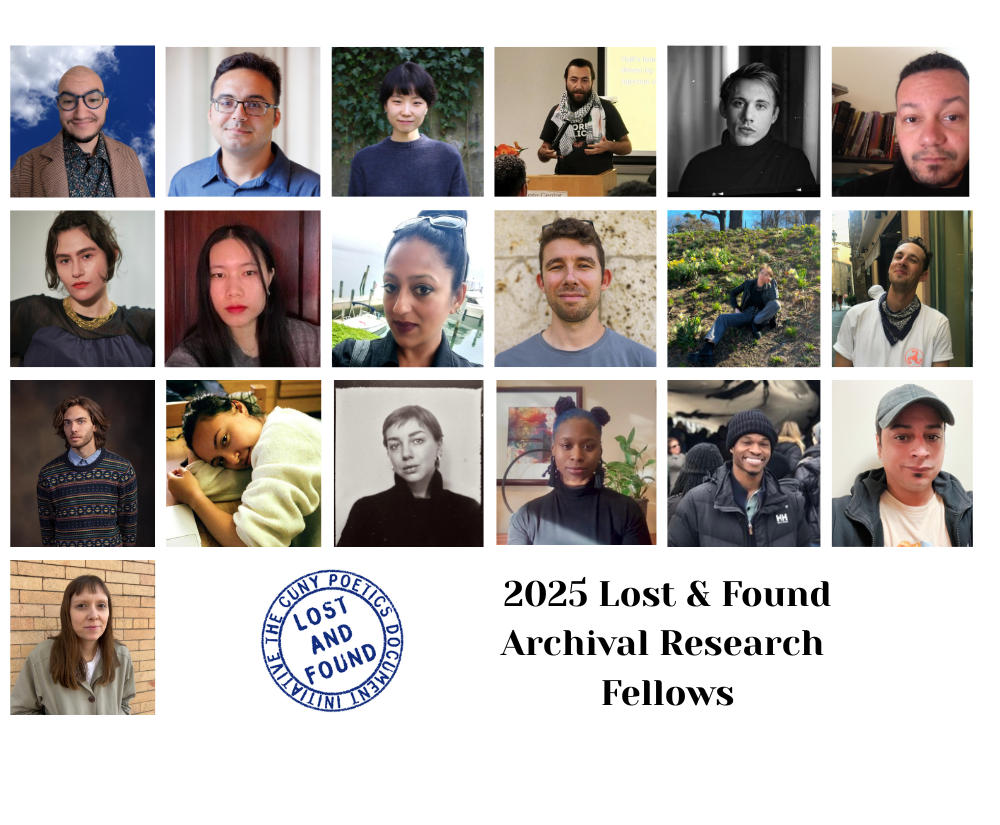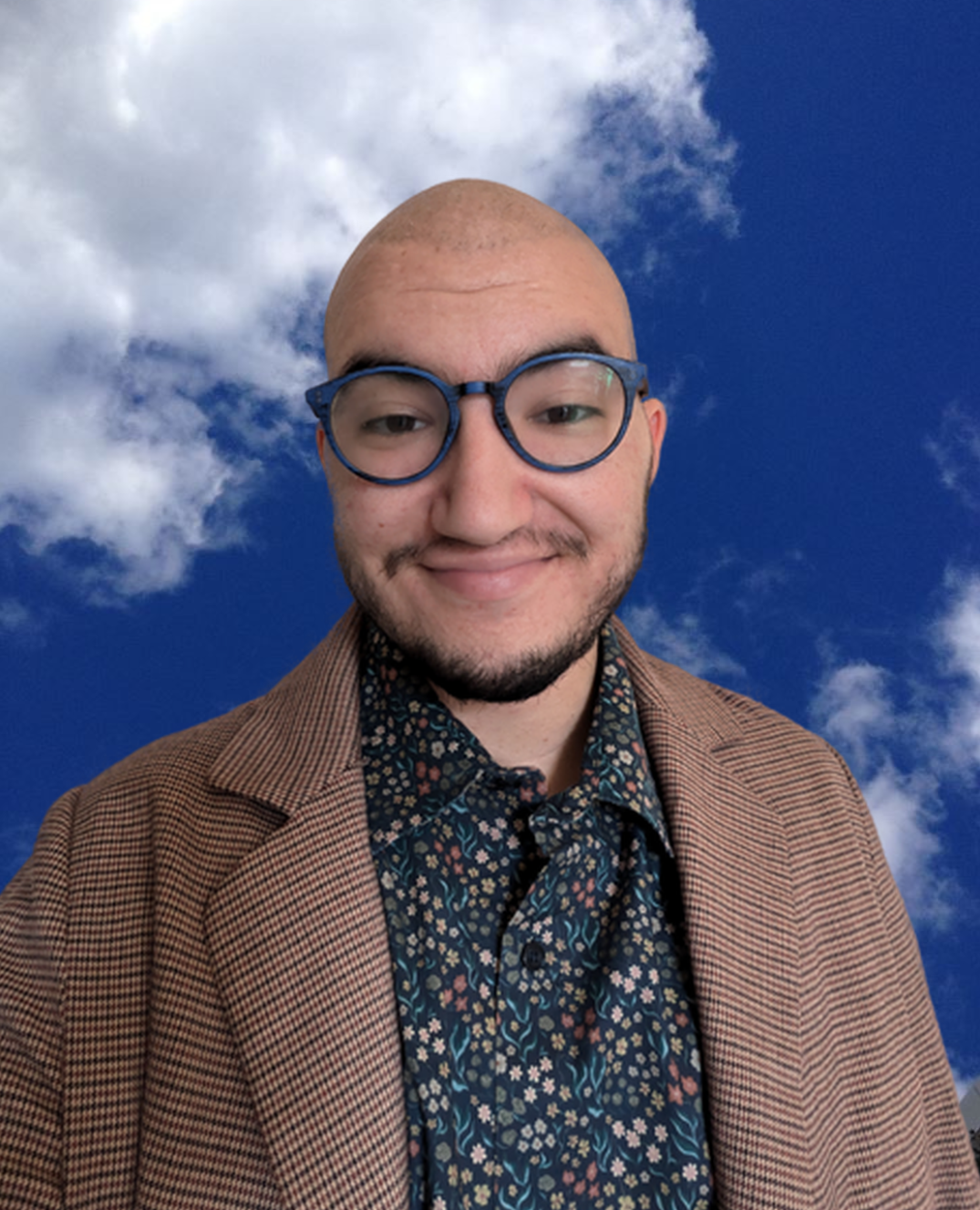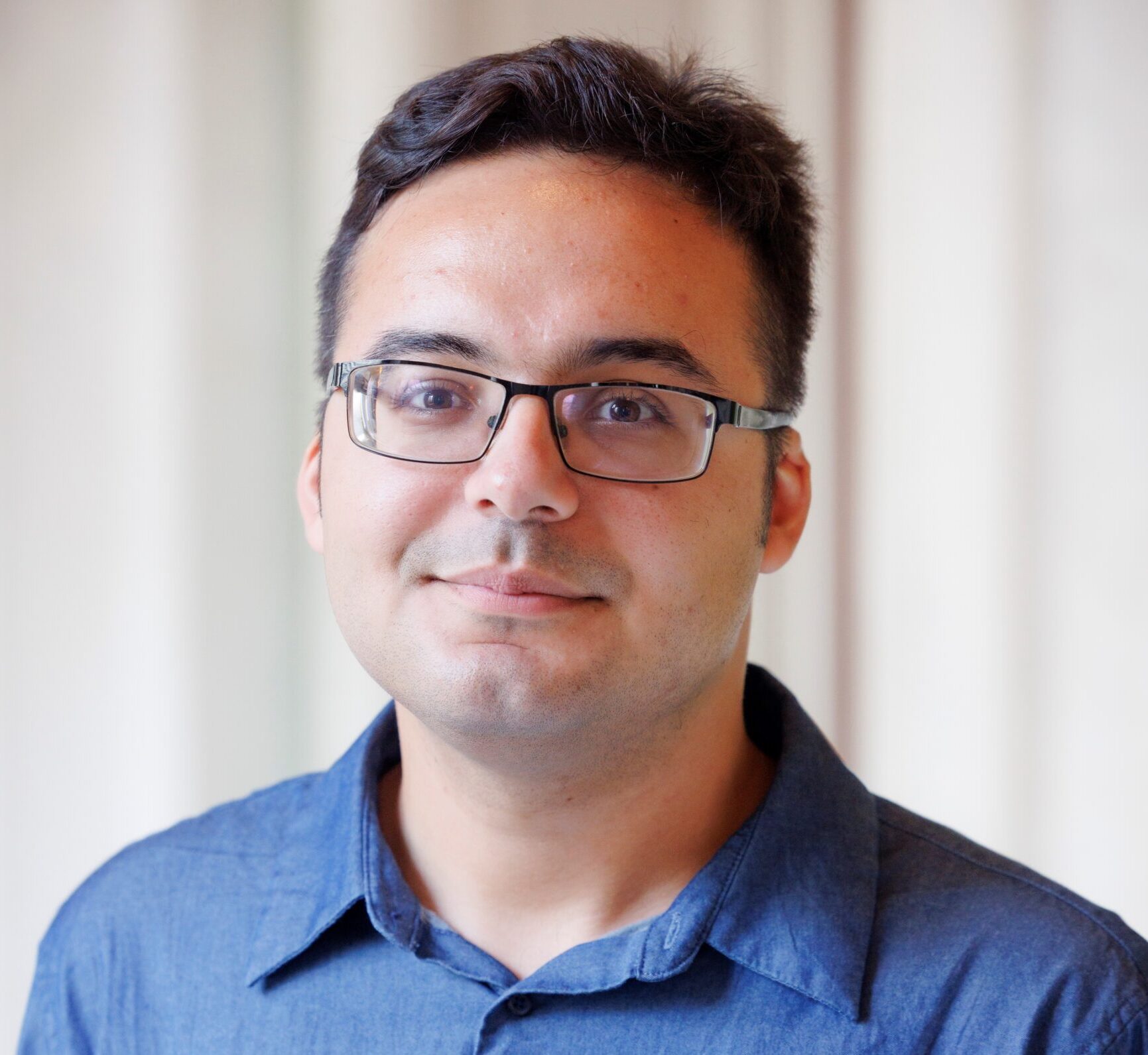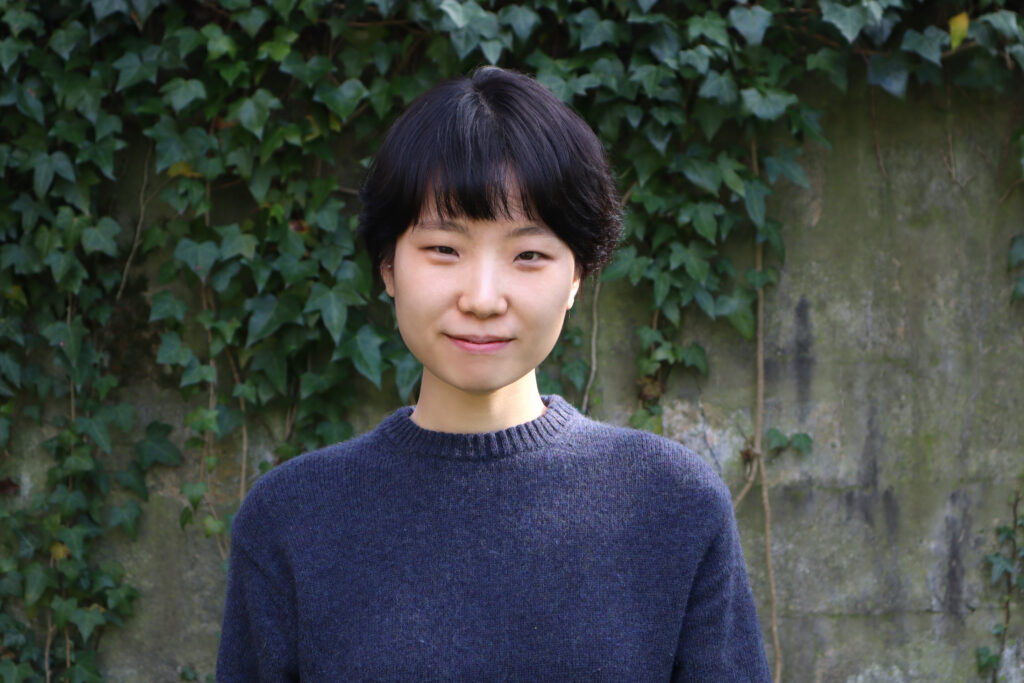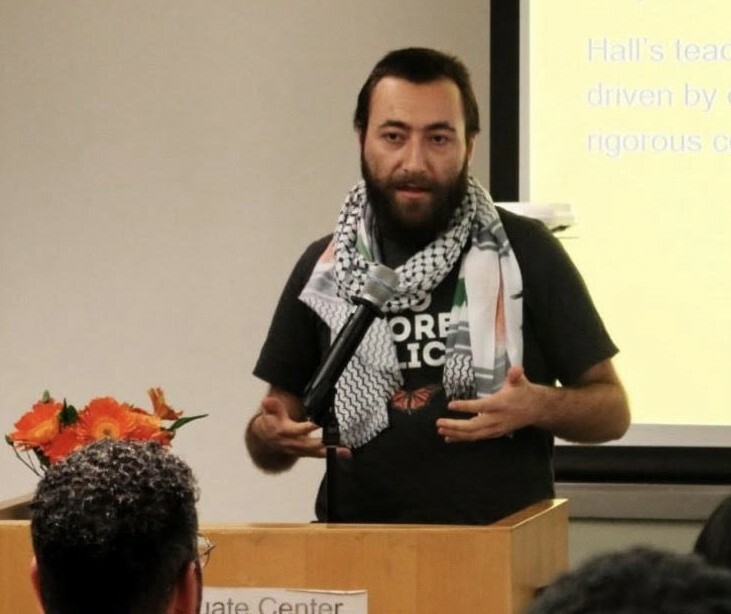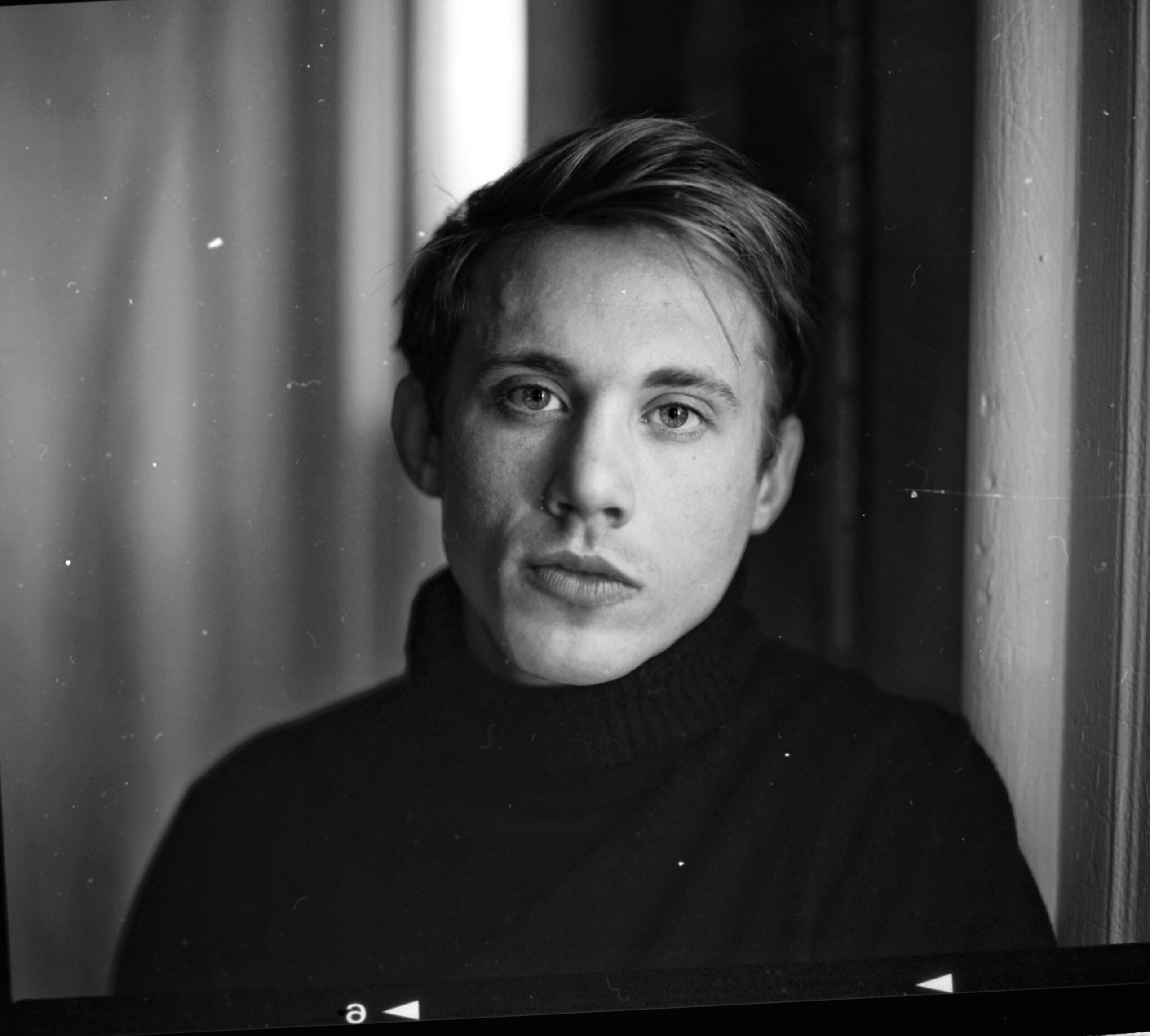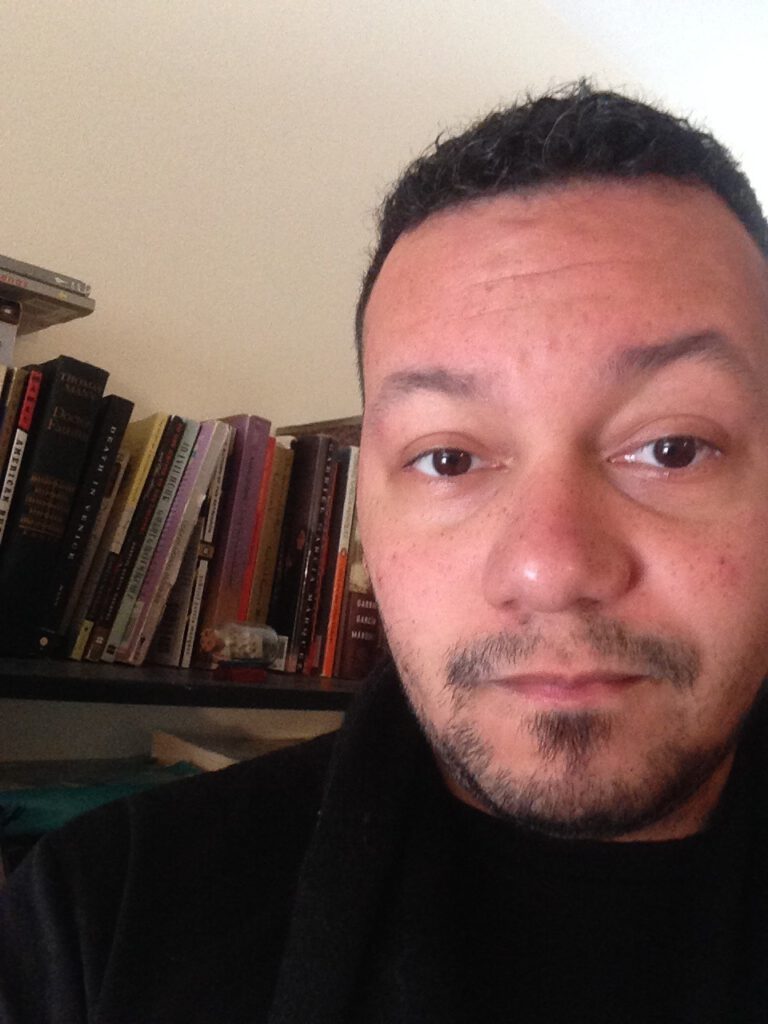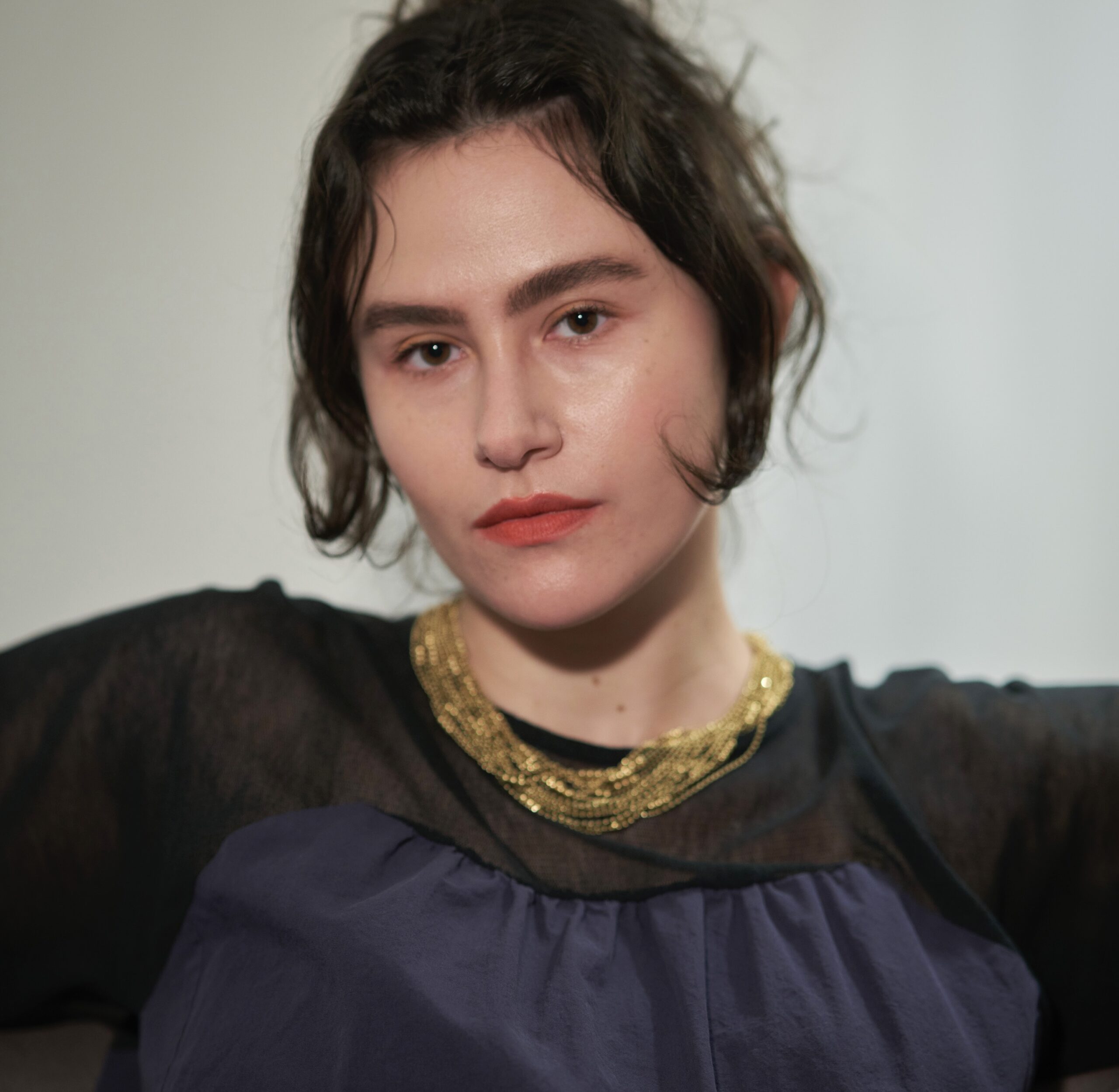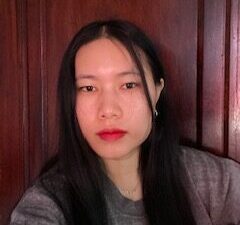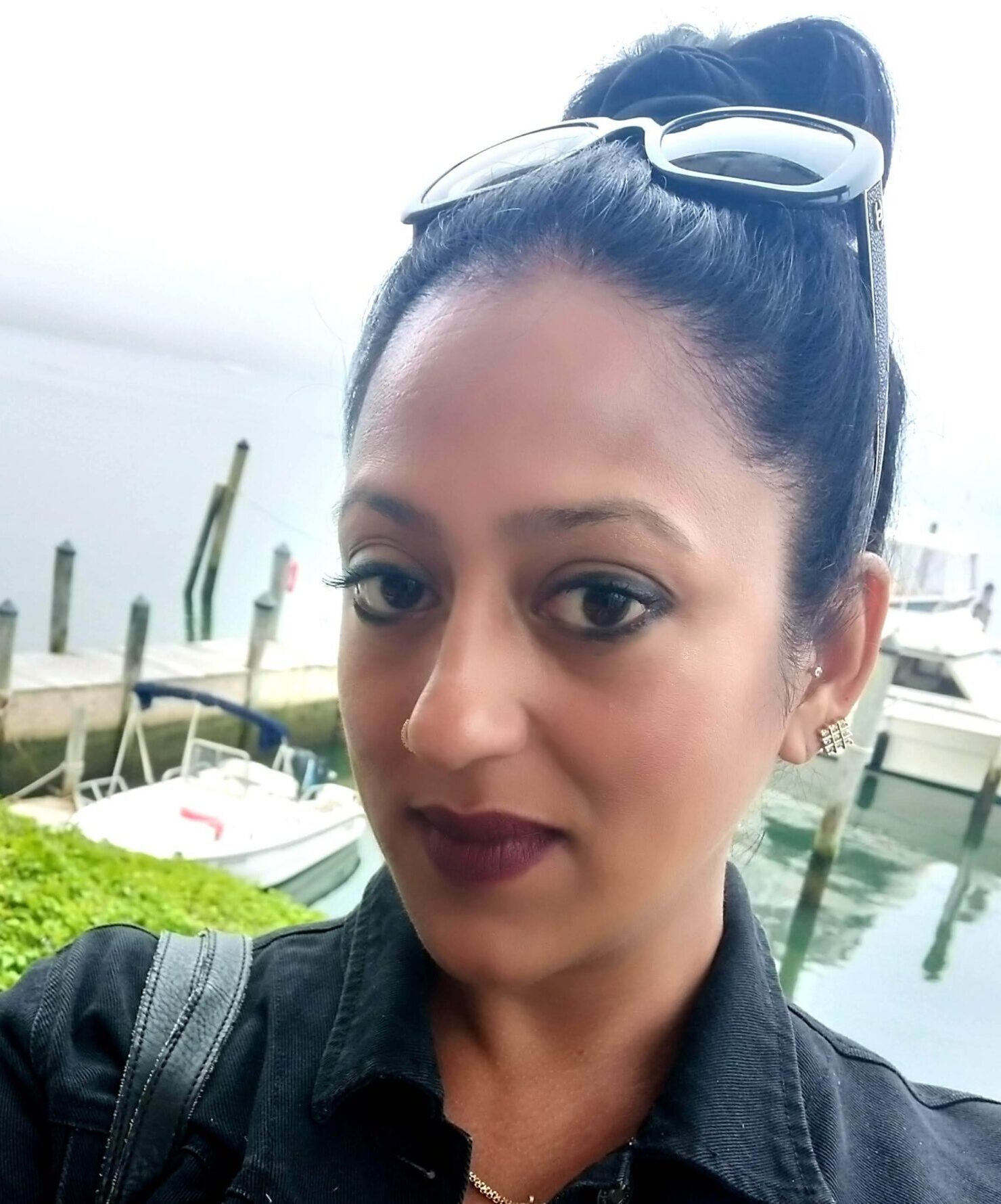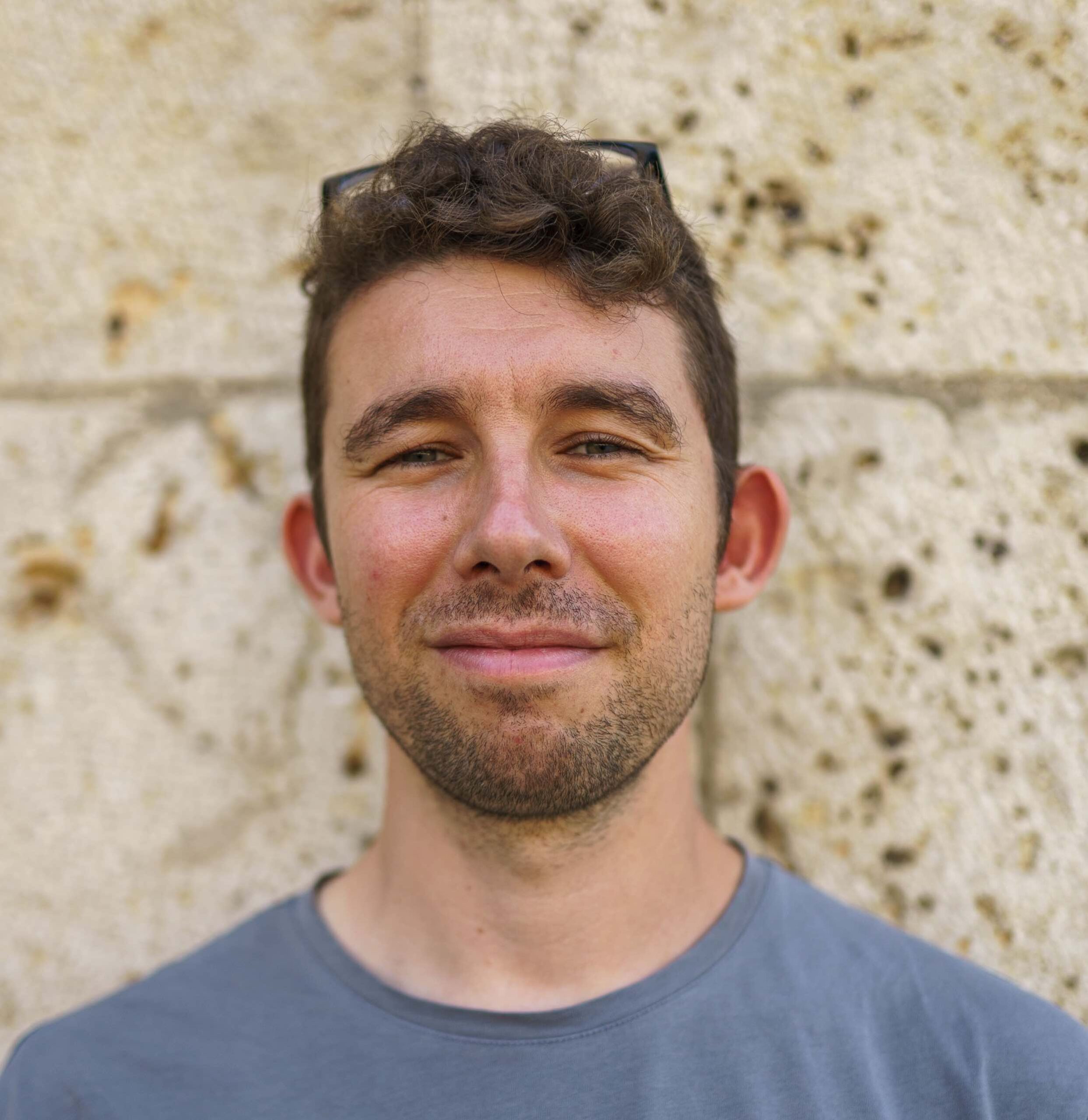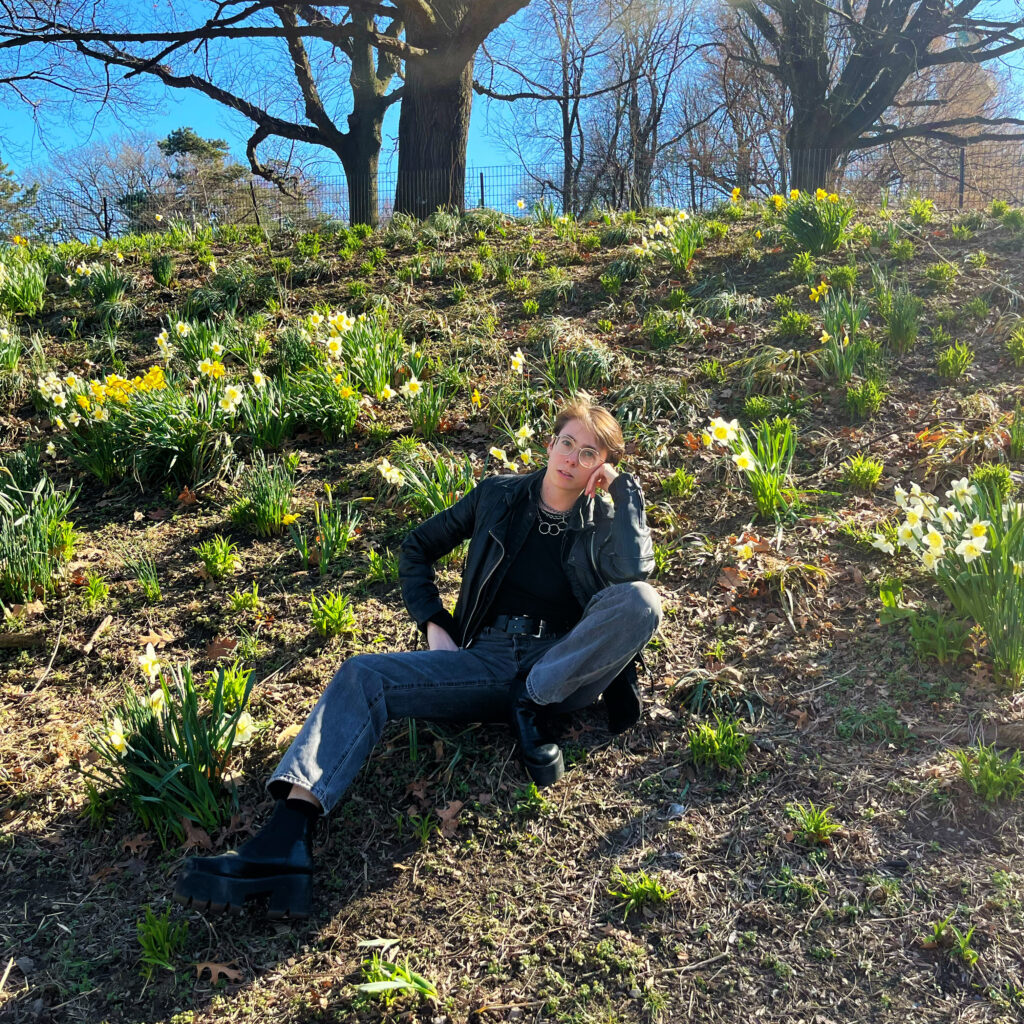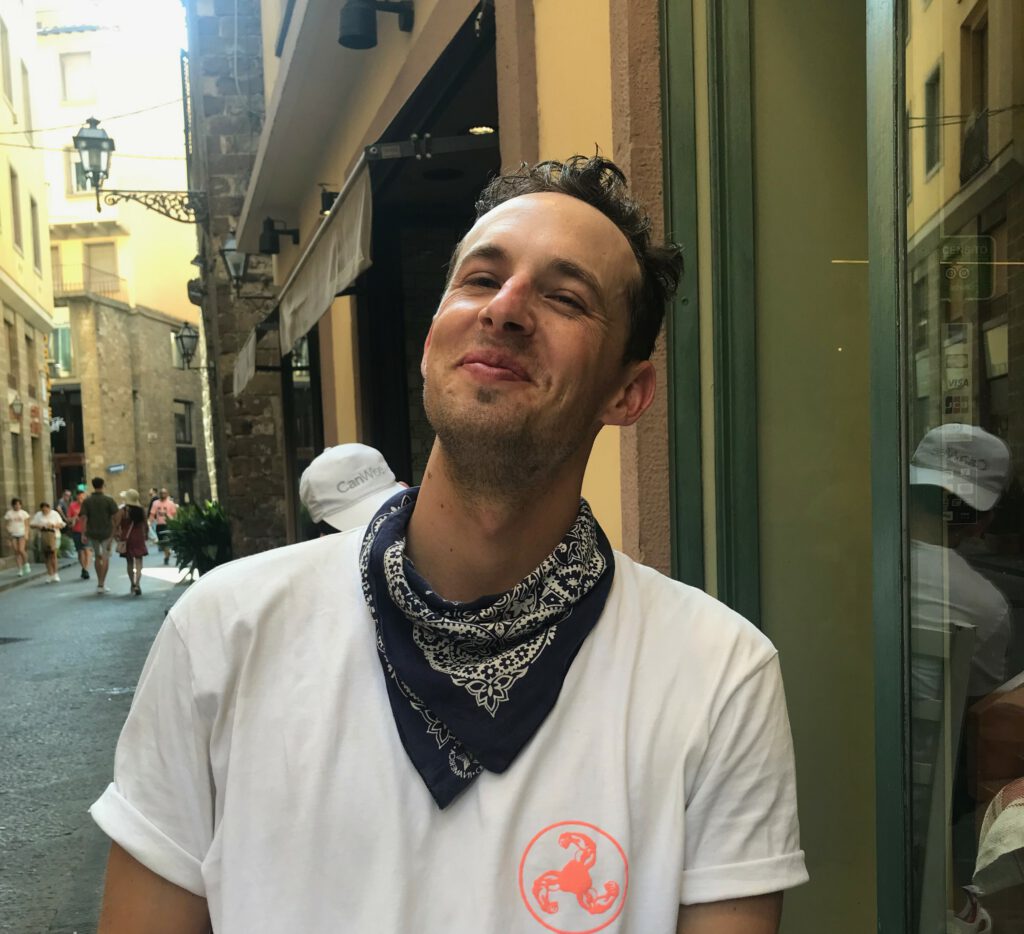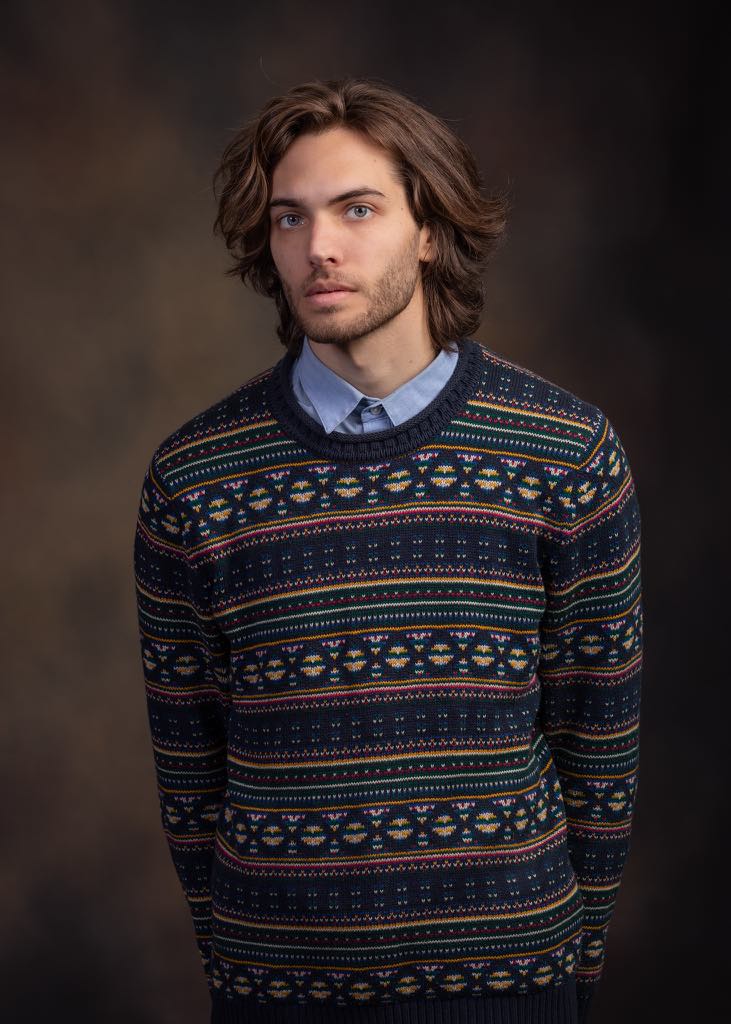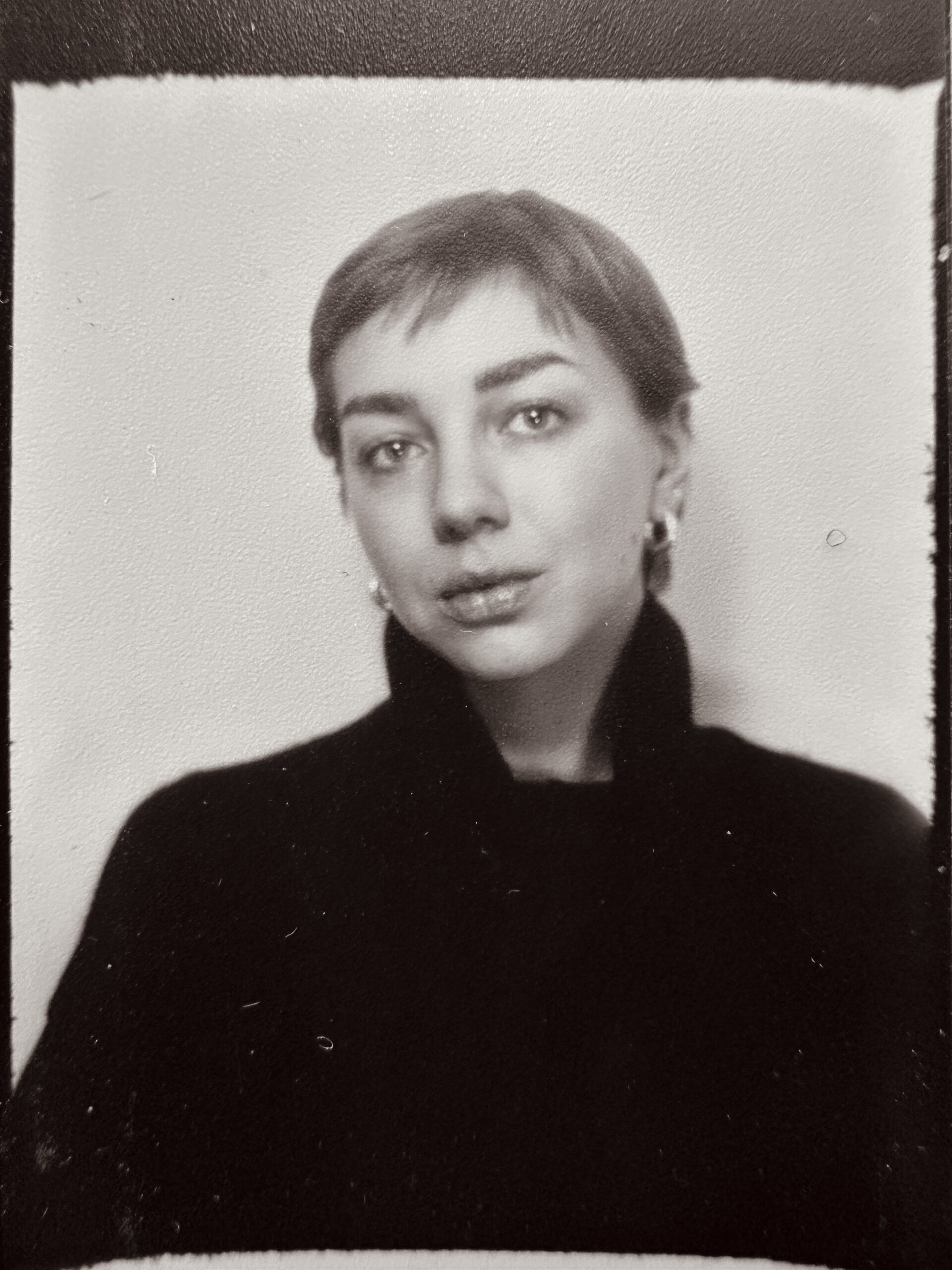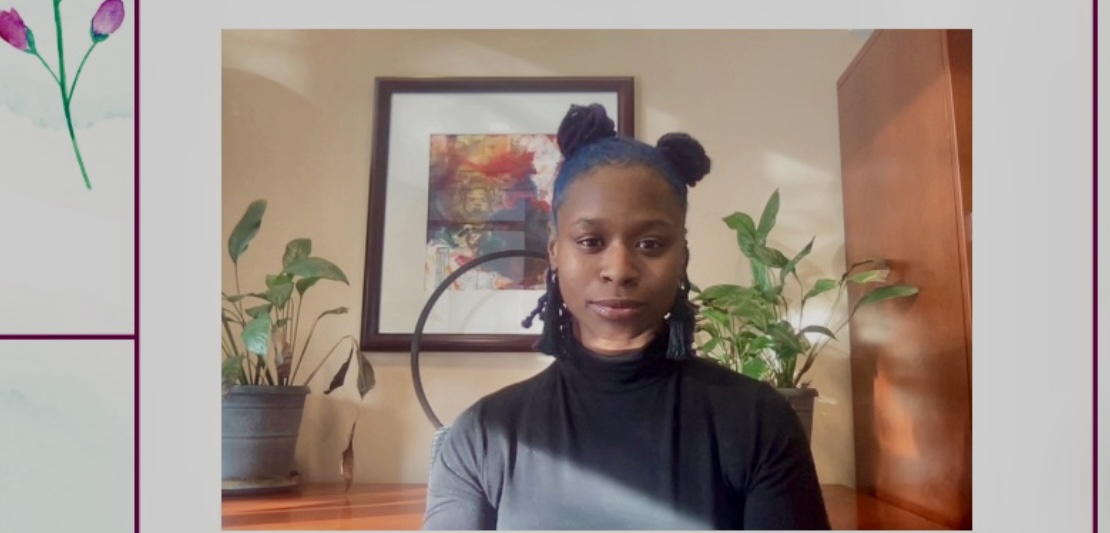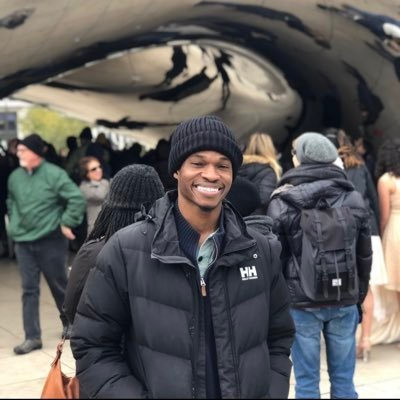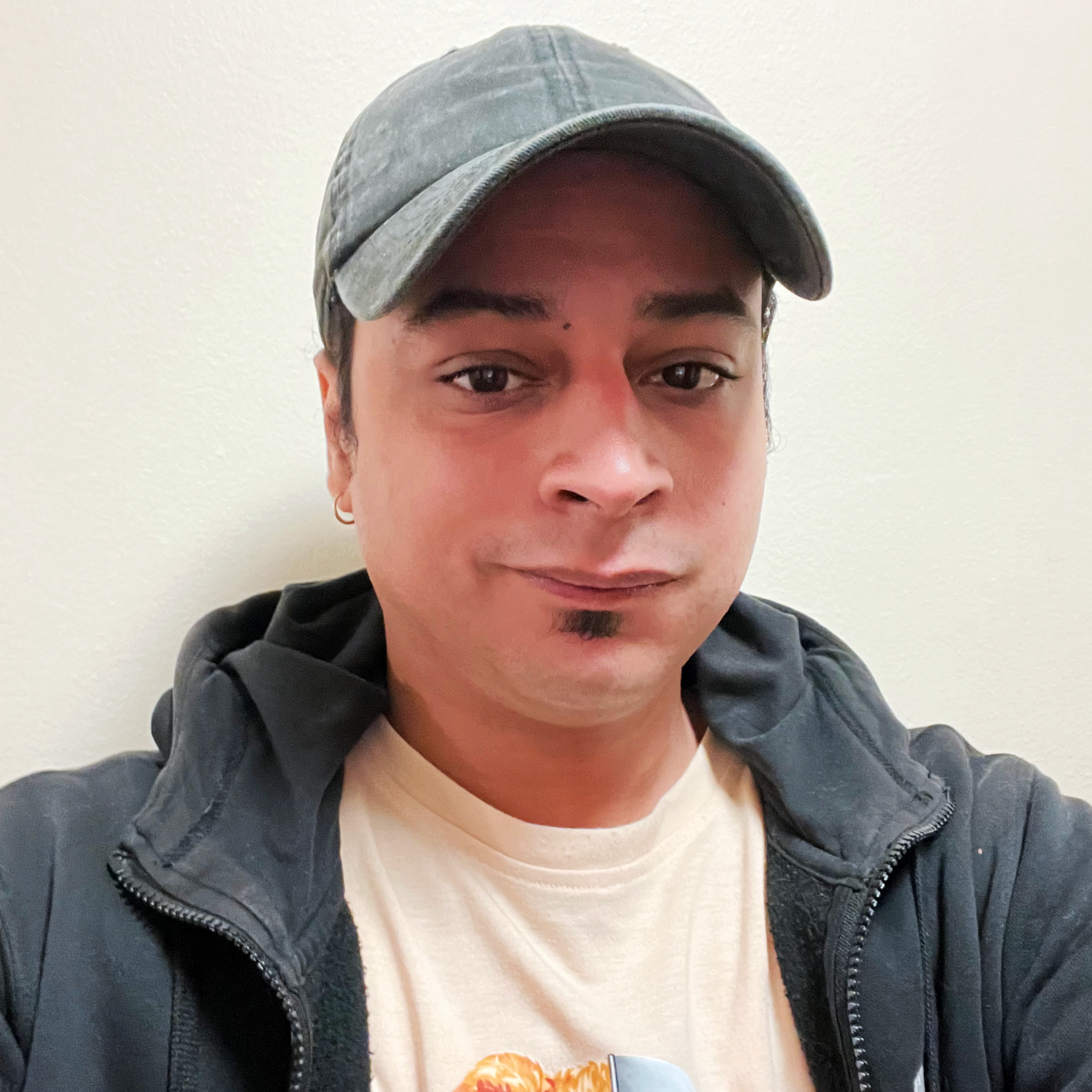Each year, Lost & Found: The CUNY Poetics Document Initiative offers Archival Research Fellowships and Grants to CUNY Graduate Center doctoral students conducting archival research on poets, writers, artists, and musicians whose contributions to New American Poetry remain understudied, including their political, pedagogical, and activist commitments, deepening and complicating common understandings of past historical and cultural moments. This year, thanks to generous support from the Early Research Initiative at the CUNY Graduate Center, 19 students have received financial and logistical support as they traveled to archives here and abroad, both personal and institutional, developing their innovative research. This archival research is how Lost & Found seeds new publications and programming, so look forward to the flowers of these projects which may take any number of final forms—dissertations, conferences, digital publications, Lost & Found chapbooks, or full-length books published in collaboration with a larger press as part of our Lost & Found Elsewhere series. Read about the 2024 L&F Fellows and their archival research projects:
Lou Sullivan’s Queer Transmasculine Advocacy
Louis G. Sullivan, a gay trans man, author, activist, and ardent diarist, died of AIDS- related complications in 1991 at the age of 39, writing upon receiving his diagnosis, “They told me at the gender clinic that I could not live as a gay man, but it looks like I will die as one.” His edited diaries, which allowed a generation of younger queer transmasculine people to reach across the archive and connect with an ancestor, provide almost three decades of his internal monologue, but leave his letters and other papers unexamined. This project highlights tensions and connections in trans communities through exploring Sullivan’s frequent correspondence with other trans
people from the ‘70s to the ‘90s, his interpersonal and organizational work throughout the ‘80s and ‘90s to build a vibrant transmasculine community in and beyond California’s Bay Area, his complex relationship to trans women and his own shifting identification with disability.
The Making of MAX: Selected Correspondence
of Jonathan Williams and Charles Olson, 1951-1957
In 1951 poet and publisher Jonathan Williams started the Jargon Society, the same year he became a student at Black Mountain College. In 1953 and 1956 Williams published the first volumes of The Maximus Poems by the New American poet Charles Olson. The critical edition of the complete Maximus Poems, which Olson composed over the course of his life, is still in print and accessible, but the connections between Williams and Olson are not. There is a gap in scholarship that fully explores and illuminates the friendship, collaboration, and dialogue between the two writers. In light of this gap, Ayaz proposes a chapbook, tentatively titled “The Making of MAX: Selected Correspondence of Jonathan Williams and Charles Olson, 1951-1957,” that aims to illustrate the friendship and camaraderie between the two.
Missing Watch and Broken Pen, Dictee in Transit
“My watch is gone and my pen broke. I guess it’s enough that it finished writing Dictée…”
This passage is from a letter Theresa Hak Kyung Cha sent her mother on October 2, 1982, from Montreal Airport. In the archive, I found her: young, in motion, still becoming, fully committed to her art and her life. This project traces the years from 1980 to 1982, when Cha lived in New York, working, teaching, preparing exhibitions, and writing Dictee while engaging with multiple art communities. A period often reduced to the story of her death, I return to it as a time of movement, connection, and creative risk. Through archival research, I follow the texture of her practice, attending to the silences and signals that shaped her relations to language, place, and politics.
The Educational Writings of Stuart Hall & Black Feminist Educators in London During the Late 20th Century
Lucein Baskin is at work on two collaborative and entangled archival projects in England. The first project
focuses on Stuart Hall’s educational work, drawing on the recently opened Hall and Centre for Contemporary Cultural Studies (CCCS) papers at the Cadbury Research Library at the University of Birmingham. Baskin plans to return to Birmingham to look at a few newly acquired boxes in Hall’s archive, and interview a number of Hall’s students. The second project looks at the work of Black feminist educators and cultural workers in London in the late 20th century. Through work in the Black Cultural Archives and the George Padmore Institute, Robert Robinson and Baskin have explored the interconnected work of teachers, poets, publishers, and community organizers as they built radical organizations such as the Race Today Collective and Brixton Black Women’s Group and Black left institutions such as New Beacon Books, supplementary schools, and the International Book Fair of Radical Black and Third World Books. Over the summer, they will conduct oral history interviews with a number of Black feminist organizers in Britain. Taken together, the two projects show an entangled web of Marxist, feminist, anti-colonial, and Black radical politics embedded within the educational and cultural institutions of Britain, from its bookshops and universities to journals and supplemental schools.
Stephanie Strickland’s Revolutionary Developments in Late New American Poetry
This project will research Stephanie Strickland, a poet of both “traditional” pulp-and-paper strophes, beginning with her 1986 chapbook Beyond the Silence, as well as an innovator of the poetic hypertext, beginning with her 1997 True North, with special attention paid to the mutual effects of the digital and the manual, the online archive and the cavernous stacks, the new cathedral of the microchip and its profane leavings in ink and folio. To do this, Boutis will specifically focus on the physical notes and drafts Strickland metabolized into her hypertexts and computer-assisted poetic projects, themselves often deploying complex coding processes and even quantum mechanic mechanisms to introduce both a novel infrastructural complexity to her poetry and an aleatory element to form a less anthropocentric poetics for a (paradoxically) less anthropocentric time. The fascinating and melding double-helix of Strickland’s electronic and physical literary output gives us an illuminating example of the most revolutionary developments in late New American Poetry, as the poetic tradition attempts to expand its breadth to encapsulate everything from the banality of code to the majesty of chaos theory.
Lois Elaine Griffith’s Poetry, Visual Art, and Archival Practice
This project proposes to continue to explore the understudied work of the Nuyorican Poets Cafe’s founders. Specifically, the unpublished works of Lois Elaine Griffith, one of the last surviving founders of the Cafe, which Cáceres found in the archive. Griffith is a prolific literary and visual artist of Barbadian descent who has been on the American scene since the late 1960s. Griffith also holds the distinction of being the keeper of the Nuyorican Poets Cafe archive, which is held in her Brooklyn home. In 2015, after being forcibly removed from her lifetime position on the Cafe’s board, Griffith founded the Nuyorican Poets Cafe Founders Archive Project (NPCFAP). At the time, Griffith wanted to ensure that the cultural work she and her peers had done for over thirty years would not be forgotten or erased. Thus, the NPCFAP’s mission is to preserve the legacy of the Cafe and its founders from being whitewashed by revisionist history. Yet, despite her cultural output and despite holding a central position as one of the Cafe’s founding members, Griffith’s work and contributions—along with the Cafe’s—are severely understudied.
Small Press, Little Magazine, Mail Art: Collaborative Publishing Networks in the University at Buffalo Poetry Archives
Sophie Seita writes in her 2019 book Provisional Avant-Gardes: Little Magazine Communities from Dada to Digital that “little magazine” (zine) communities “display ongoing processes of community-building in their pages and beyond” (13). This project aims to investigate the role of community-building, its collaborative/ exclusionary dynamics, among the rich networks of various small presses, zines, and mail art held at the Poetry Collection at the University of Buffalo. Buffalo was such a crucial place for American poetics, and there is much to be learned by examining the modes of Do-It-Yourself/experimental publication that fueled this movement––the goal is to investigate the work of lesser-known poet-publisher figures emerging from Buffalo.
The Collaborative Works of Robert Duncan and Jess Collins
Khapai’s research followed the work of the American poet Robert Duncan and his partner Jess Collins, who was a visual artist. At the UB Special Collections: Rare & Special Books, she was able to access a wide variety of their separate and combined manuscripts which included hand written poems, plays, sketches, paintings, posters, notebooks and carefully handmade reproductions of other books such as Christian Morgenstern’s “Gallow Songs.” Their fascination with language, playful storytelling, use of different paint media and mutual influences on each other was deeply inspiring and revealed a rich interplay between their respective works. Her goal since has been to share these materials and findings with an interested audience through accessible journals and other publication channels available at Lost & Found.
Etheridge Knight’s Free People’s Poetry Reunion
Etheridge Knight’s poetry inspires generations of free poets to take stage in spoken song across the globe, activating agency through rhyme across time. In the summer of 2024, The Free People’s Poets reunited at the crossroads of America in Indianapolis, after thirty-one years of expanding Knight’s light around the world. Convening over music and poetry at the historic Chatterbox Jazz Club on magical Massachusetts Avenue. Curated by poet Kenneth May, the summer reunion launched an ongoing project to collect, perform and archive the expanse of Etheridge Knight’s influence on future generations of poets, through memoir, readings and workshops led and inspired by the original Free Peoples Poetry Workshop family. There is an abundance of personal archives centered around the life and legacy of Etheridge Knight that continues to grow. Mampilly is interested in working with Free Peoples Poets to collect and share these artifacts through the Lost & Found Fellowship.
Charles Olson: Psychological Warfare Executive
In his project, O’Hana examines how the rise of computational statistics influenced the poetry of Charles Olson, one of the leading New American Poets. He shows how Olson was the only poet of his generation to be exposed not only to state-level counter propaganda strategy, but also to quantification more broadly in the management of populations, which in turn set his writing aside from others writing in the postwar era of the 1950’s and 60’s.
Mapping Samuel Delany’s Poetic Dialogues
This project begins from Samuel R. Delany and Kevin Killian’s correspondence around shared devotion to the San Francisco Renaissance poet Jack Spicer. In 1987, Killian published Delany’s letter to Lew Ellingham on Ellingham’s biography of Jack Spicer, in the little magazine “Mirage” run by Killian and Dodie Bellamy. Exceeding the Killian-Spicer network, poets populate Delany’s archive to an exceptional degree. Delany has been and remains intimately imbricated within the poetic community, as a key influence on poets, as the often-sole fiction writer in a poetry-centered space, and as socially enmeshed within the world of queer experimental poetry. Using this social-aesthetic map generated from his archival correspondence, this project aims to firstly make Killian and Delany’s correspondence public via a chapbook and to gather Delany’s writing on/to poets and writings by poets on Delany, interspersing “Poets on Delany” with “Delany on Poets.”
The Unknown Works of Richard Pryor
For seven months between 1971-1972, Richard Pryor lived in Berkeley, eager to escape the legal and emotional hardships that plagued him in his quest for showbiz fame in Los Angeles. At once ascetic and acidic, Pryor’s time in Berkeley was an experience of turbulent experimentation and transformation. He fell into a circle of radical Black artists, read Frantz Fanon and George Jackson, and performed benefit shows for the Black Panthers (and became friends with Huey Newton). He wrote poetry and screenplays, composed sound collages, and hosted his own radio program. The more sides of Pryor that can be accessed, the more dimensions of his contradictory oeuvre that can be read and heard, the more we can understand how – more than perhaps any other artist – Pryor was able to stick his finger in the electric socket that was 1970s America and short circuit the entire country.
David Wojnarowicz’s Unpublished Poetry
While David Wojnarowicz is primarily known as a prose writer and artist of various mediums, his unpublished poetry is written in fragments across various personal objects: notebooks, scraps of paper, wrappers. Villanova is interested in how his fragmentary poetry illuminates his political and social thought – about the state, gay life, and AIDS – and the place of refunctioning in his creative output. Through this research, Villanova aims to theorize Wojnarowicz’s critical epistemology of “disintegration,” highlighting a utopian aspect to his works that speaks to our present political moment and points to different, queer futures.
The Theoretical Contributions of Will Alexander
This project explores the critical writing of Will Alexander, an American poet, essayist, and visual artist. Influenced by jazz, metaphysics, and cosmic thought, Alexander’s work challenges conventional literary forms and engages with questions of global history, spirituality, and alternate ontologies. His critical essays offer insight into his singular poetic vision. This research examines his theoretical contributions and their impact on contemporary poetics, drawing on archival materials housed at The Huntington Library in Los Angeles.
Interlacing Text and Textile in the Archives of Anni Albers
For Anni Albers, thread is a carrier of meaning meant to be read, interpreted, and sounded as figurative verse.
By researching Albers’ language-driven investments in textile as part of the field of poetics, this project asks
what new insights remain to be parsed from the tangled relationship between text and textile, and centers
what Albers’ own considerations of gaps, stoppages, and pauses in warp and weft brings to the study of
poetry. Albers’ textiles develop the surface of weavings as energetic spaces of inscription and posit language
as a complex architecture of syntax and knots that allows poetic utterance to remain mysterious and
oblique—a rhythmic pattern for the viewer-reader to sound. This archival project inscribes Albers’ work
within the development of New American poetry, thus situating the abstract materiality of the woven page as
a central figure of poetic inquiry.
Evocative Resistance against the “Decadent God of White Supremacy”: 3 Black Women as Community Othermothers of Education and Human Rights Activism
This project reveals how Gwendolyn Bennett, Claudia Jones, and Mae Mallory transformed “community othermothering” into radical pedagogy, advancing Black liberation and anti-imperialist struggles through Harlem’s classrooms, courtrooms, and cultural institutions. By examining their poetry, publications composed under incarceration, and organizing materials, Belser will chart how their lived experiences—forged through U.S. state violence yet dedicated to global Black liberation—interweave to create otherworldly blueprints for survival, resistance, and the fundamental human right to exist, countering today’s systemic erasure of freedom struggles. The resulting digital archive and teaching toolkit will embody their distinct poetic styles (such as Bennett’s visual scrapbooks, Jones’ transnational polemics, Mallory’s legal narratives), transforming their pedagogical models into living blueprints for movement-building in contemporary educational spaces.
Liner Note Revolution
Alonge’s ongoing Ph.D. dissertation covers the adjacent rise of the Free Jazz tradition and the Black Arts Movement in the 1960s and onward, looking specifically at interdisciplinary collectives like Umbra, Baraka’s 27 Cooper Square, AACM, e.g. This project explicitly grapples with and argues that the composite Black artistic productions in these collectives, where poets performed with jazz musicians and jazz musicians wrote poems, represent a core aesthetic politic toward a “movement” (read in its kinetic register) toward theories of Blackness or Black Art that reject fixed nouns or another narrow signification. Some examples of these liner note poetics include Cecil Taylor’s liner notes for his 1966 album, Unit Structures (Taylor, notably, collaborated and lived in proximity with many of the poets in Umbra and 27 Cooper Square), Joseph Jarman’s liner notes on the Art Ensemble of Chicago’s 1969 album Message to Our Folks (Jarman, notably, collaborate with the undersung Chicago poet, Amus Mor), and the poet Henry Dumas liner notes for Sun Ra’s 1967 album Cosmic Tones for Mental Therapy. This project aims to produce a publication that pairs images of these liner note poems and prose with transcribed oral histories interviews, poetry, and political manifestoes from figures and movements that influenced their orientation and configuration onto the records they appear.
Nuyorican Aesthetic: Archiving Maria “Mariposa” Fernandez’ Life and Work
This project aims to organize Mariposa’s physical archive and develop a digital database in the form of an
interactive website. This initiative’s main objective is to preserve and share the legacy of a pivotal figure in the Nuyorican Poets Cafe movement. The project will create from the absence of dialogue surrounding Mariposa and the Nuyorican Aesthetic by creating a comprehensive showcase that honors her contributions and sheds light on her lived experiences – in order for us to not forget.
The Aesthetic, Literary, and Political Dialogues of Mary Ellen Solt
Mary Ellen Solt is best known for her involvement with concrete poetry in the 1960s, as she not only wrote her own collections of concrete poems but also published the influential 1968 anthology Concrete Poetry: A World View. After the anthology’s initial publication, Solt kept up several years of written correspondence with major concrete poetry founders, such as with Swiss-Bolivian poet Eugen Gomringer and poets of the Noigandres group in Brazil. This project aims to uncover these letters, as well as those from her correspondence with William Carlos Williams and major objectivist poets, as a means to explore further aesthetic, literary, and political dialogues taking place transnationally in this era and discover synchronicities across various components of her archive.
